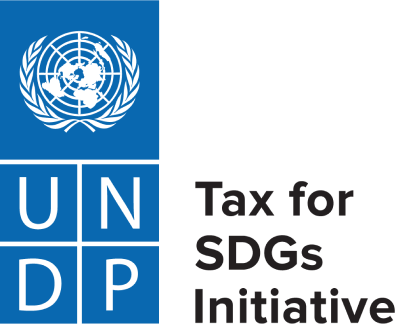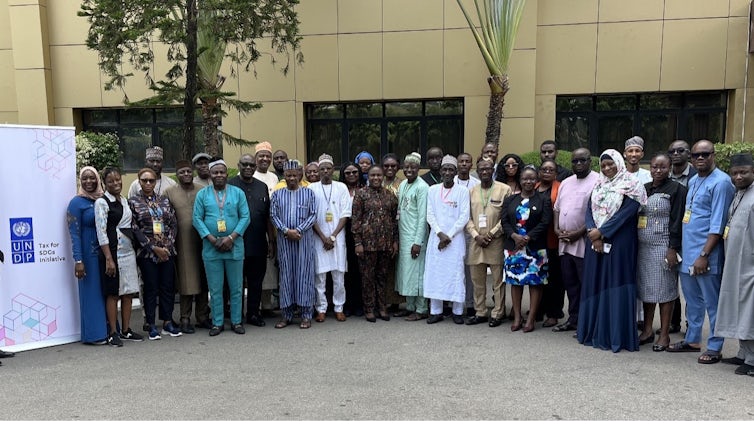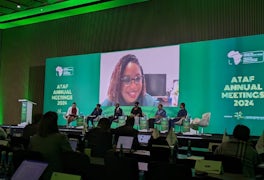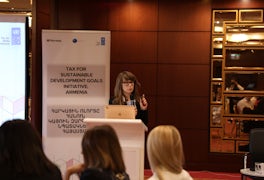Nigeria recently played host to a hybrid mission aimed at aligning its tax systems with the United Nations' Sustainable Development Goals (SDGs). Organized by the United Nations Development Programme (UNDP), the mission scrutinized how the nation's tax structure aligns with gender equality (SDG 5) and partnerships for the goals (SDG 17), especially Target 17.1 concerning domestic resource mobilization.
An International Commitment to Gender-Responsive Taxation
The mission was part of Nigeria's ongoing collaboration with international organizations and countries. Nigeria is among the 25 nations backed by Norway and Finland through UNDP’s Tax for SDGs Initiative. Additionally, the country is benefiting from the EQUANOMICS program via UNDP's Gender Equality and Women’s Empowerment Funding Window, which has pooled resources from the Republic of Korea and Luxembourg. This support enables Nigeria to embark on gender-sensitive tax reforms and to implement the Gender Equality Seal within its public institutions involved in taxation.
Empowering Local Officials with UNDP Tools
During the mission, about 40 officials from the Federal Ministry of Finance, Budget, and National Planning, Federal Inland Revenue Service, and other key government departments participated in workshops in Abuja. The agenda included a self-assessment of Nigeria’s tax system using the UNDP’s SDG Taxation Framework (STF). This innovative tool is designed to assess how well a country's tax policy and administration are positioned to achieve the SDGs as defined by the 2030 Agenda. The assessment yielded valuable insights into gaps and opportunities in Nigeria's tax system, especially in terms of gender equality and resource mobilization.
Institutional Transformation is Key
The mission highlighted that transforming institutions is fundamental to achieving gender-responsive taxation. In a significant move, three major Nigerian tax institutions— Federal Inland Revenue Service (FIRS), Kaduna State Internal Revenue Service, and Ondo State Internal Revenue Service—have committed to implementing the Gender Equality Seal. Participants were trained on the Seal’s processes, dimensions, and benchmarks, paving the way for more gender-sensitive policies in the future.
Gender Equality and Taxation: A Complex Nexus
The discussions in Nigeria brought to the forefront the intricate relationship between gender equality and taxation. Tax policies can either magnify gender disparities or alleviate them. For instance, tax and fiscal policies that ignore the value of unpaid care work can perpetuate traditional gender roles. Research shows that, women perform 76.2 per cent of total hours of unpaid care work, more than three times as much as men. Conversely, equitable taxation can channel resources into programs that support women’s economic empowerment and health, thereby fostering gender equality.
The Road Ahead: Fairer and More Inclusive Tax Systems
The mission culminated with a consensus on the utility of the Gender Equality Seal and SDG Taxation Framework as vital instruments for initiating dialogue, not just in Nigeria, but globally. The experts and the local officials agreed that careful scrutiny of tax policies could pave the way for achieving SDGs and for building tax systems that are equitable and inclusive.
If you’re interested in learning more about the Gender Equality Seal for Tax Administrations or the SDG Taxation Framework, please reach out to taxforsdgs@undp.org




